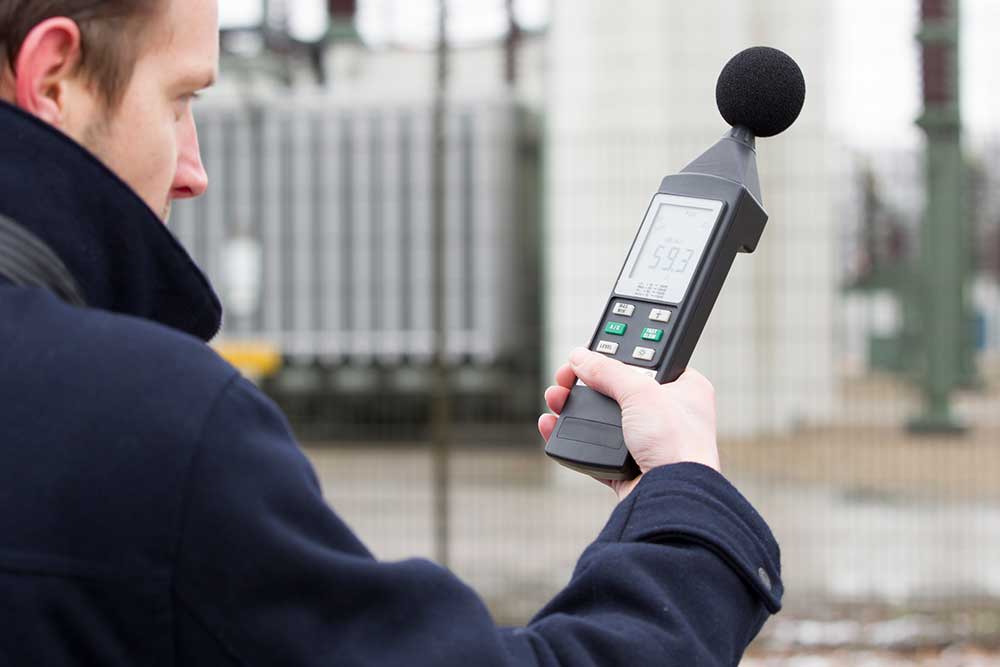
Acoustics Technician
Careers Explorer:
Overview
A sound job that deals with all types of waves in a variety of different situations. The waves may include sound and vibration in air and water, as well as very low (infra) and very high (ultra) sound waves.
Your knowledge of how these waves behave in different media will enable technologies to develop in fields as diverse as architectural, musical and medical engineering.
Typically, companies that are involved in acoustics include specialist consulting firms for the built environment; planning consultants; construction companies; health and safety practitioners; entertainment and performing arts venues; product manufacturers; engineering, and national and local government.
Due to your specialism, you would commonly be part of a wider project team, focusing on the acoustic aspects of a project alongside fellow specialists such as Acoustics Consultants and Engineers.
An Acoustics Engineering Technician will undertake tasks in support of practitioners in acoustics, including consultants, laboratories, local authorities, transport authorities and other engineering disciplines in a variety of professional areas.

Top 5 Tasks
- Plan, measure, analyse and report acoustic data
- Listen critically and interpret sound correctly
- Produce succinct and understandable reports
- Operate Computer Aided Design software packages
- Apply safe working practices.
Salary
The average salary for an Acoustics Engineer in the UK is £33,500.
Salaries typically depend on location, employer and level of responsibility.
Am I Suited?
- Team player
- Attention to detail
- Good with computers
- Critical thinker
- Excellent communicator
Qualifications
Typically five GCSEs or equivalent, including maths, science, design and technology is needed.
Whilst any entry requirements will be a matter for individual employers, typically an apprentice might be expected to have already achieved qualifications equivalent to a level 3 apprenticeship, preferably in the fields of mathematics, science, technology, engineering or design (collectively known as STEM).
There’s relevant acoustics-related degrees available.
Progression








